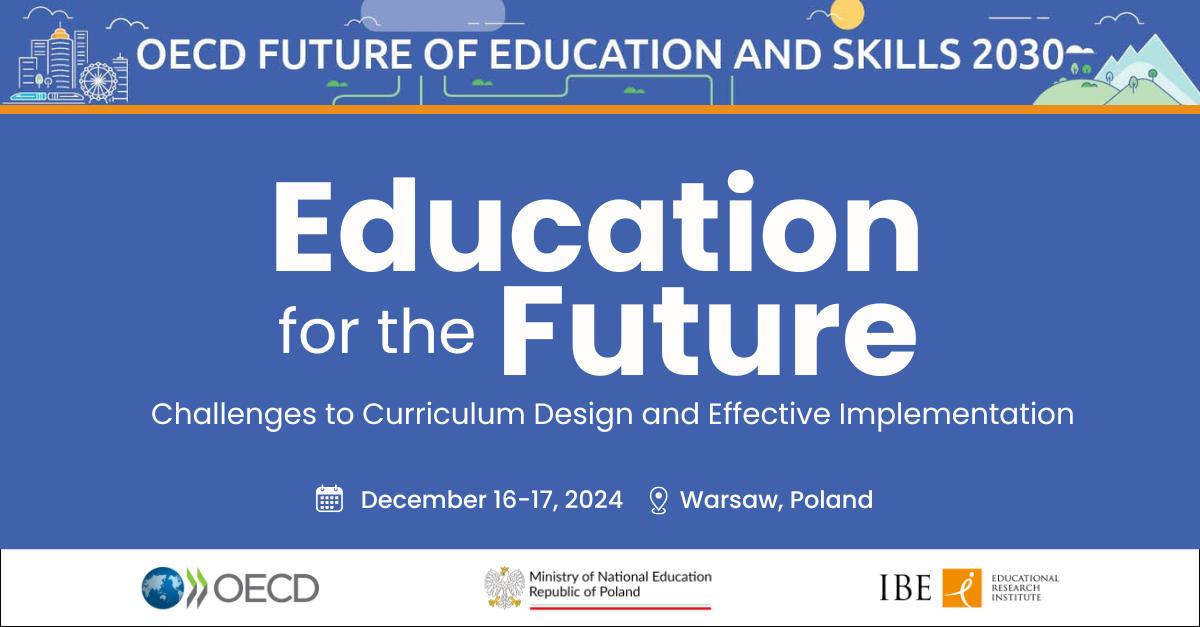Keynote Speaker
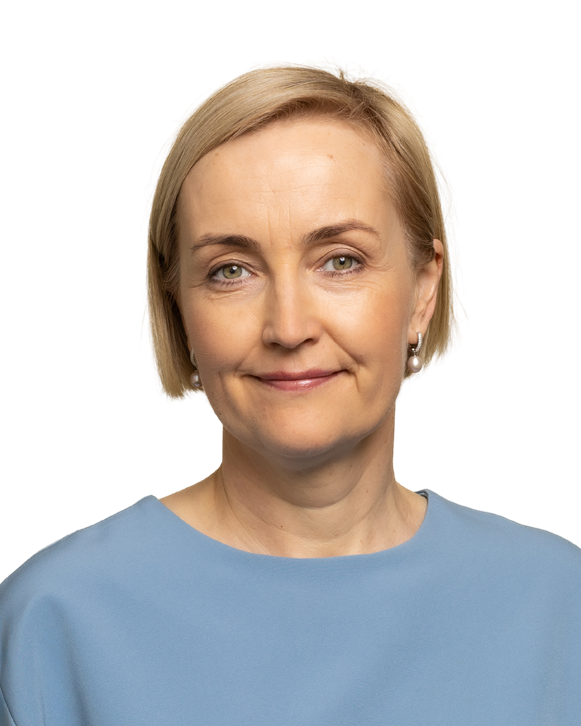 Kristina Kallas
Kristina Kallas
Minister of Education and Research of the Republic of Estonia and a distinguished Estonian politician and scholar. Holding a PhD in political science from the University of Tartu, Minister Kallas brings a wealth of expertise as both an educator and policymaker. A passionate advocate for the transformative power of technology in education, Minister Kallas believes that digital advancements are essential tools for empowering individuals, improving educational outcomes, and fostering inclusivity. She is dedicated to ensuring that Estonia's education system remains future-ready and adaptable, a vision supported by the country’s consistently strong performance in international assessments such as the PISA results, which rank Estonia among the world’s leading education systems. Before entering politics, Kristina Kallas was a researcher at the University of Tartu and served as the Director of the Narva College of the University of Tartu (2015 - 2019). In addition to her academic and administrative roles, Minister Kallas has provided expert advice on integration policy to numerous international organisations, including the OSCE High Commissioner on National Minorities and the governments of Kyrgyzstan, Ukraine, Moldova, and Georgia. Throughout her career, Minister Kallas has been committed to equipping future leaders with the competencies-knowledge, skills, and attitudes-necessary to thrive in increasingly diverse and multicultural societies.
Special Guest
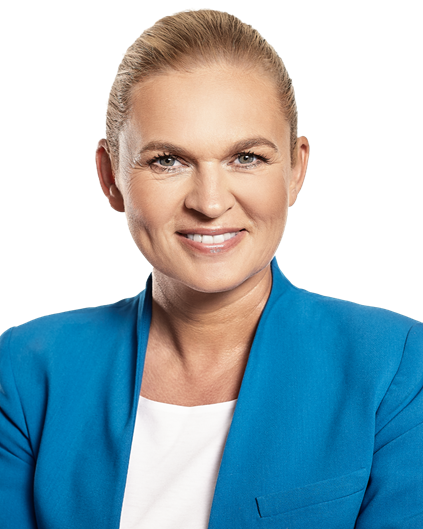 Barbara Nowacka
Barbara Nowacka
Minister of Education of the Republic of Poland. She is a graduate of the Tadeusz Reytan High School VI in Warsaw. She is an IT specialist by profession. Graduated from the Faculty of Management at the University of Warsaw and completed an MBA at the French Institute of Management. From 2004 to 2009 she served as director of marketing, and from 2009 to 2019 she was chancellor of the Polish-Japanese Academy of Information Technology. President of the Inicjatywa Polska party, which has been co-founding the Civic Coalition since 2018. Member of the Sejm of the Republic of Poland for the 9th and 10th terms, elected in the Gdynia-Słupsk constituency. In the ninth term of the Sejm, she worked, among other things, in the Education and Youth Committee and was vice-chair of the Subcommittee on Science and Higher Education. She is vice president of the Izabela Jaruga-Nowacka Foundation. She worked as a volunteer at the Women's Helpline established by the Federation for Women and Family Planning. Member of the Program Council of the Congress of Women. She twice chaired the Citizens' Committee for the “Save the Women” legislative initiative liberalizing the anti-abortion law. She was also a member of the Citizens' Committee “Yes to in vitro.” She is a co-founder of Campus – the Future of Poland, Europe's largest socio-political festival for young activists. In 2016, she was named to Foreign Policy's annual FP Top 100 Global Thinkers list, and in 2017 - together with the Save the Women committee - she received the Simone de Beauvoir International Award “For Women's Freedom.” In 2020, she was awarded the National Order of Merit, the fourth French decoration in the state's seniority hierarchy.
Speakers
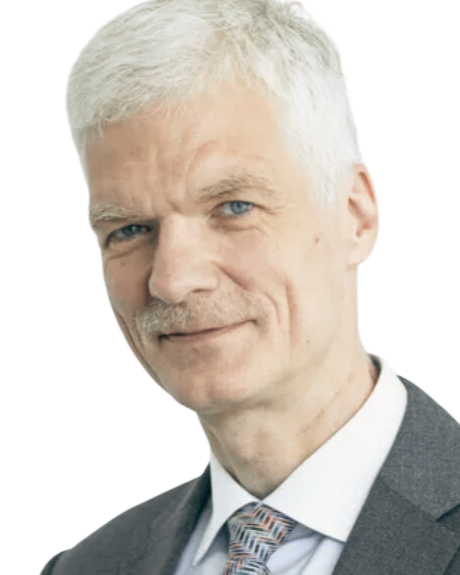 Andreas Schleicher
Andreas Schleicher
Director for Education and Skills at the Organisation for Economic Co-operation and Development (OECD). He initiated and oversees the Programme for International Student Assessment (PISA) and other international instruments that have created a global platform for policy-makers, researchers and educators across nations and cultures to innovate and transform educational policies and practices. He has worked for over 20 years with ministers and education leaders around the world to improve quality and equity in education. Before joining the OECD, he was Director for Analysis at the International Association for Educational Achievement (IEA). He studied Physics in Germany and received a degree in Mathematics and Statistics in Australia. He is the recipient of numerous honours and awards, including the “Theodor Heuss” prize, awarded in the name of the first president of the Federal Republic of Germany for “exemplary democratic engagement”. He holds an honorary Professorship at the University of Heidelberg.
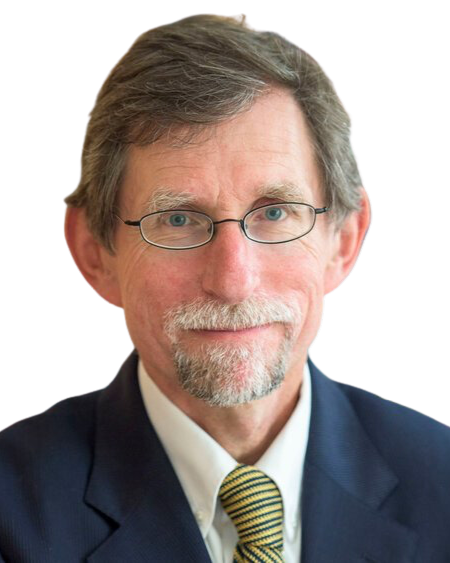 Tim Oates
Tim Oates
Group Director of Assessment Research and Development at Cambridge Assessment, focusing on national and international research on assessment and measurement, including comparative analysis of curriculum policy and system performance. In 2010 he published ‘Could do better’ which laid down the principles for the review of the National Curriculum in England. He was chair of the Expert Panel for Review of the National Curriculum in England 2010-14. Emerging from this review, subsequent research on the quality and function of textbooks and other resources has been taken up around the world and discussed at two international summits on learning resources. He has chaired various curriculum groups for the Department for Education in England. He has published widely on assessment and curriculum issues, and routinely provides briefings and advice to UK and other governments. He has worked with OECD on curriculum matters, has provided support on curriculum reform to a range of nations including New Zealand, Kazakhstan, Sweden, Kenya and Kuwait. He is Fellow of Churchill College Cambridge and in 2015 received a CBE for services to education.
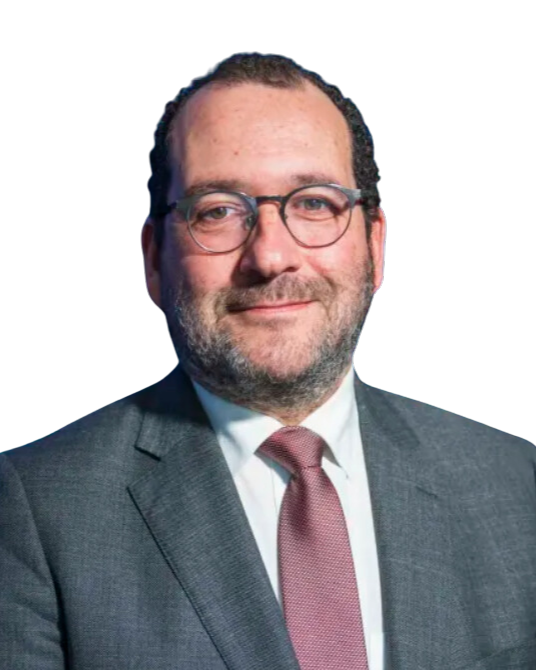 João Costa
João Costa
Director of the European Agency for Special Needs and Inclusive Education (as of January 2025), Minister of Education of Portugal (2022-2024), Deputy Minister of Education (2019-2022), Secretary of State for Education (2015-2019). Chair of multiple groups: Advisory Group of the OECD Global Forum “Future of Education and Skills 2030”, the OECD Education Policy Committee, the Governing Board of “Teaching and Language International Survey – TALIS”, Member of the UNESCO Steering Committee for SDG4 (2022-2024). Full Professor of Linguistics at Universidade Nova de Lisboa, João holds a PhD in Linguistics (Leiden University, 1998). Former Dean of Faculdade de Ciências Sociais e Humanas, Universidade Nova de Lisboa, Chair of the Scientific Council for Social Sciences and Humanities from the Portuguese Research Council (FCT) and President of the Portuguese Linguistics Society. João was a Member of the Scientific Council of the National Reading Plan, of the National Commission of the International Institute for Portuguese Language, and of the Advisory Board of Camões Institute. Visiting Professor at universities in Brazil, Macao, Spain, The Netherlands, Italy and the USA. He dedicates his research activity to the domains of theoretical syntax, language acquisition and development, and educational linguistics.
.
 Brian MacGiollaphádraig
Brian MacGiollaphádraig
Assistant Chief Inspector in the Department of Education Ireland. He is responsible for evaluation and policy advice on inclusion, access and participation in education. He has led the development of evaluation approaches across a range of areas including special educational needs, social inclusion and child protection. Brian has also worked with the National Council for Special Education in the development of a revised approach for allocating resources to schools to support inclusive practices. He is a member of the Senior Management Group of the Inspectorate. Prior to his appointment as Assistant Chief Inspector, Brian worked in the Office of the Chief Inspector and the Inspectorate’s Evaluation Support and Research Unit. In these roles he was involved in developing a system for quality assuring the work of the Inspectorate and an overall national framework for school self-evaluation and external evaluation. Before joining the Inspectorate, Brian was a primary teacher, school principal, lecturer and also practised as an educational psychologist. He has published on topics including inclusion, promoting parental involvement and strategic leadership.
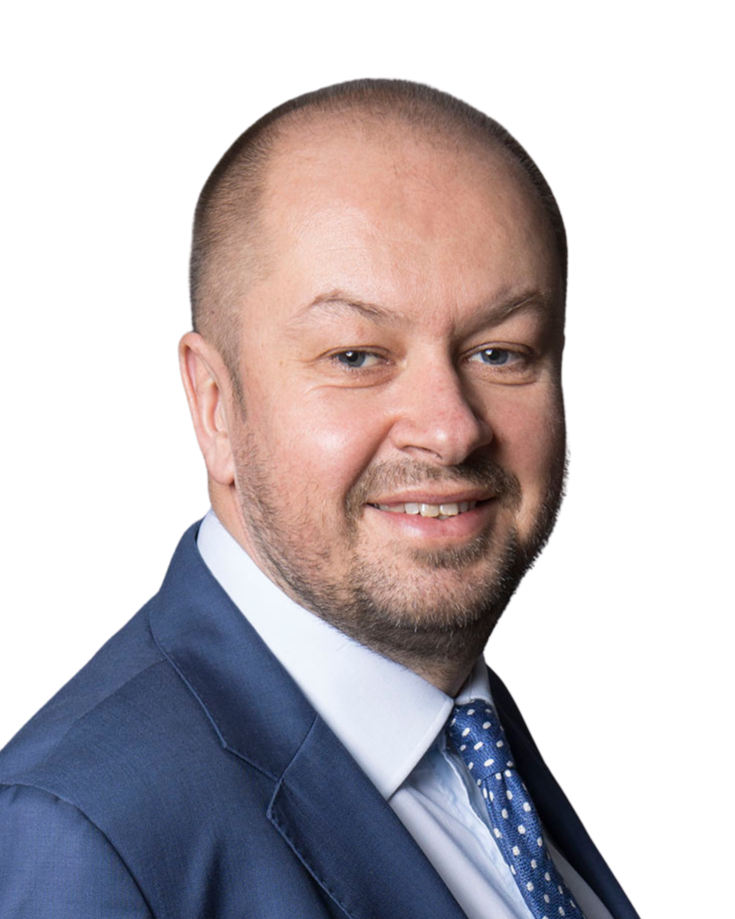 Maciej Jakubowski
Maciej Jakubowski
Director of the Educational Research Institute and a former Undersecretary of State at the Ministry of Education. He holds a PhD in economic sciences from the University of Warsaw, where he also serves as a professor. Maciej has studied at the University of Pittsburgh in the United States and Ludwig Maximilian University in Munich and researched at the Robert Schuman Centre for Advanced Studies at the European University Institute in Florence. Between 2005 and 2008, he contributed to the Central Examination Commission’s research team, focusing on educational added value. During this period, he also collaborated with the Center for Social and Economic Analysis (CASE). From 2008 to 2012, he was an analyst with the PISA team at the OECD in Paris. As Undersecretary of State at the Ministry of Education (2012-2014), Maciej was responsible for strategic development and educational financing. In 2014, he founded the Evidence Institute Foundation, dedicated to promoting the application of research in educational practice and policy-making. He is deeply committed to educational research and is equally passionate about communicating evidence-based teaching methodologies to educators, students, and parents through various publications. He has advised governments and international organisations, including the World Bank, OECD, UNESCO, UNDP, and the European Commission.
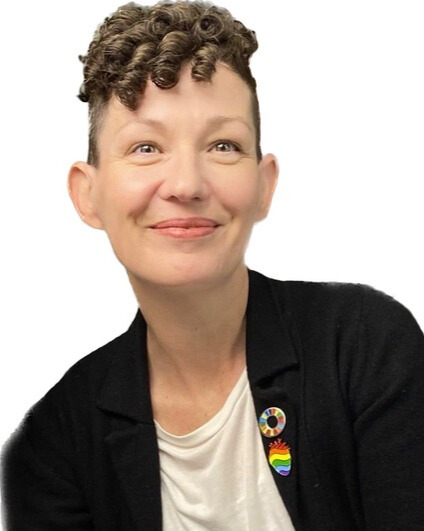 Jennifer Valcke
Jennifer Valcke
Educational Developer and Researcher at Karolinska Institutet in Sweden and Board Member of the ICLHE Association (Integrating Content and Language in Higher Education), Jennifer plays a pivotal role in advancing innovative pedagogies and curriculum design in higher education. With a rich background in multilingual and multicultural education, Jennifer provides invaluable support to educators and supervisors at Karolinska Institutet, equipping them with strategies to navigate the complexities of multilingual and multicultural learning environments. Her expertise spans several crucial areas in innovative pedagogies, including Internationalisation of the Curriculum (IoC), Global Citizenship Education (GCE), and Education for Sustainable Development (ESD). Her contributions extend to supporting quality assurance in English-Medium Education (EME) and guiding educational leaders in integrating international perspectives into curriculum content and delivery. Her recent research and publications on transformative pedagogies and decolonization of the Global Health curriculum underscore her commitment to progressive educational practices. With fluency in multiple languages and a diverse international background, Jennifer brings a truly global perspective to her work. Her ongoing research and practical applications continue to shape the landscape of higher education, particularly in preparing healthcare professionals for a globalised world.
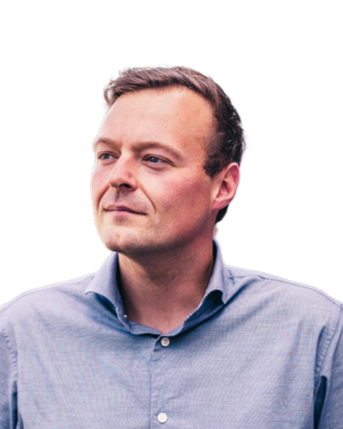 Tim Surma
Tim Surma
Head of the Centre of Expertise Education and Learning at Thomas More University of Applied Sciences in Belgium. The centre promotes a more evidence-informed educational landscape that focuses on teacher effectiveness to improve student learning. It conducts research on effective instruction, curriculum, and classroom management, and provides and disseminates scientific best-evidence in an accessible manner for policymakers, teachers, teacher educators, researchers, and the general public. Its members publish annually in numerous academic and practice-oriented journals and reach more than 200 schools and 13,000 Flemish and Dutch teachers each year through conferences, workshops, and other professional development initiatives. Tim has served on numerous advisory boards and committees, including the Flemish Commission for Better Education, and has been a guest in the education committee of the Flemish parliament multiple times.
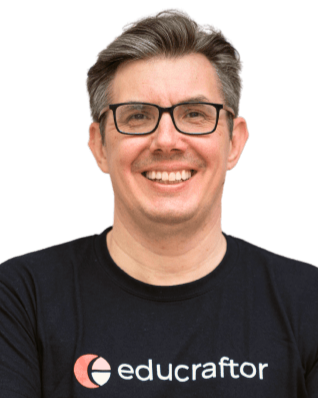 Peter Fagerström
Peter Fagerström
An expert in education innovation and transformation, its sustainability and digitalisation (incl. AI and Web3). Peter is founder and advisor to NGOs, startups, innovation hubs, and companies such as Educraftor, Teach Millions, Nordic Edtech Forum N8, and Edtech Finland. He leads the Digital Education Accelerator for the European Commission's European Digital Education Hub and is a UNESCO Global Education Coalition member. Peter co-authored the Digital Public Infrastructure for Education Vision and an Evolutionary Framework for Digital Learning Ecosystems for the UN. A former school executive director with experience as a regional developer, systems manager, and coach for team learning, blended learning, and ICT-driven innovation. Peter specialises in implementing large-scale strategic and systematic change through innovation and learning processes in local, regional, and national ecosystems. He develops design-thinking activities like training programs, design sprints, Edujams, and Eduhacks for national agencies, schools, and cities. Peter works with ministries of education to drive innovation and engages with corporates and startups to foster entrepreneurship and collaboration in education and startup ecosystems.
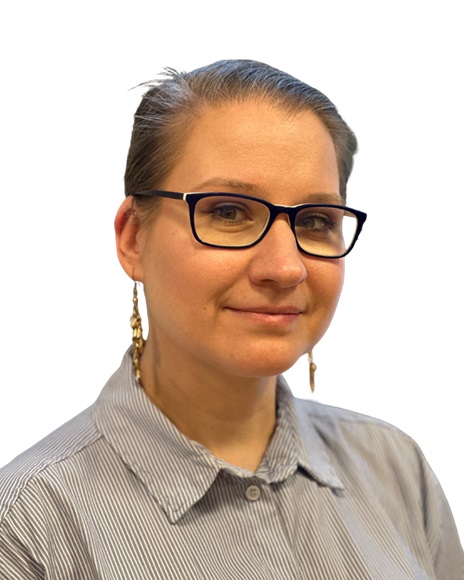 Agnieszka Szymczak
Agnieszka Szymczak
Senior Expert in Research and Analysis within the team responsible for developing the Graduate Profile at the Educational Research Institute (IBE) and Manager of the Qualifications System Team therein. She is currently overseeing the collaboration between IBE and the Minister of National Education in the development of principles for the curriculum reform in education. A sociologist with 10 years of experience in the implementation and enhancement of the Integrated Qualifications System in Poland. A specialist in lifelong learning, competency and qualifications frameworks, and education system reforms in OECD countries.
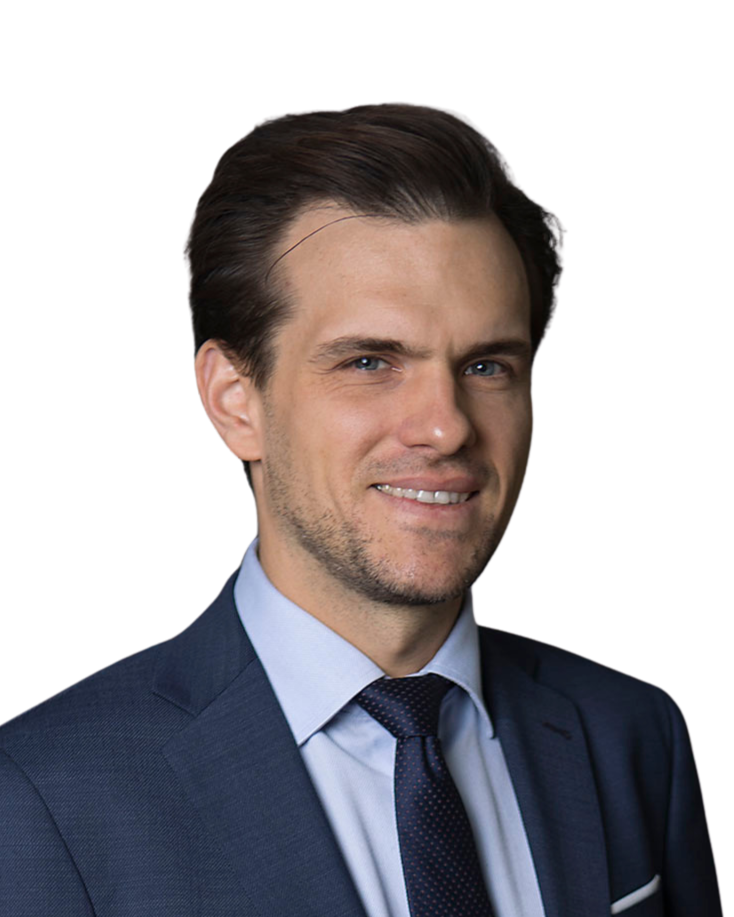 Tomasz Gajderowicz
Tomasz Gajderowicz
Deputy Director for Research at the Educational Research Institute, affiliated with the Faculty of Economic Sciences at the University of Warsaw. His significant research achievements have been recognized with a number of prestigious honours and awards, including the Scholarship of the Minister of Science and Higher Education for outstanding young scientists, the Dekaban-Liddl Scholarship, the "Doctors for Mazovia II" Scholarship and the START Scholarship of the Polish Science Foundation. Received multiple awards for outstanding teaching practice from the Rector of the University of Warsaw. Passionate about promoting research-based teaching methods, Tomasz created learning opportunities for national and international educators. As Director of Research at the Evidence Institute Foundation, Tomasz analysed data from international surveys (PISA, TIMSS, PIRLS) and advised governments and international institutions, including i.a. the World Bank, UNESCO, ETEC and the European Commission on education policy. Tomasz specialises in applying modern microeconometric methods to analyse motivation and choices in education and labour, with publications focusing on innovative approaches to human capital, particularly in the green and digital economy, and the link between education and the labour market.

